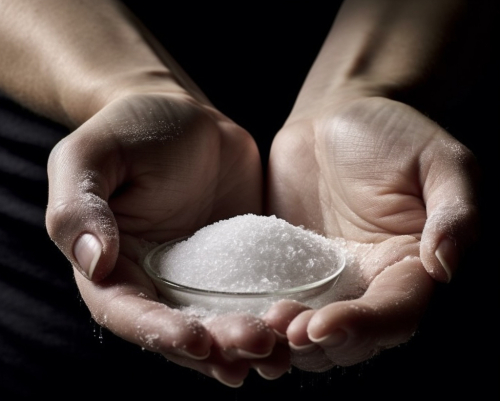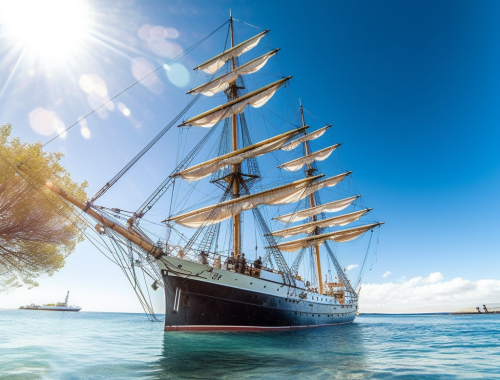Exploring the Heritage of Salt Mining Bonaire
Explore the rich history of salt mining in Bonaire, its environmental impact, and the industry’s revival with an outlook on future prospects.
Bonaire, our small Dutch Caribbean island that is part of the ABC islands, has a rich history of salt production. The salt mining industry played a significant role in shaping the island’s past and continues to hold great importance in the present day. Exploring salt mining Bonaire is crucial in understanding the island’s cultural heritage and the process of salt production.
Sunwise Bonaire has been managing a huge portfolio of rental properties since 2013 and provides its guests, including through this blog, with essential information to make their stay even more valuable. In this article, we will discuss:
- Historical background of salt mining Bonaire
- Decline and revival of salt production
- Salt mining Bonaire and its environmental impact
- Current state and future prospects of the industry

Historical Background
Dutch Colonization and Salt Production in the 17th Century
Bonaire’s salt mining history dates back to the 17th century when the Dutch West India Company colonized the island and established it as a base for salt production. Since then, this industry has become one of the mainstays of the island’s economy.
Utilization of Slaves and Optimization of the Logistical Process
During that time, the Dutch heavily relied on the use of slaves to effectively maximize the salt production on the island. Slaves would painstakingly harvest salt from the saltpans, then transport it to the nearby storage before being shipped off to the mainland. The contribution of these enslaved workers was key to the booming salt industry in Bonaire. The slave trade and the use of slaves as forced laborers, in itself of course, is a black page in the history of the Netherlands and other colonial rulers, for which official apologies were recently issued by the government of the Netherlands.
Impact of Abolition of Slavery on Salt Production
The abolition of slavery greatly influenced Bonaire’s salt production. No longer able to rely on the labor force that for centuries had ensured a steady flow of salt, the island experienced a noticeable decline in production levels.

Decline and Revival of Salt Production
Decreased Profitability Post-Slavery
The salt mining industry in Bonaire faced a sharp decline in profitability following the abolition of slavery. The production of salt became less feasible, and many salt flats fell into disrepair. However, despite the industry’s downturn, Bonaire continued to produce salt in smaller quantities, primarily for local consumption.
Recent Resurgence in Salt Production on Bonaire
The modern resurgence of salt mining in Bonaire is largely due to the involvement of the Canadian company Cargill, which has played a pivotal role in revitalizing this ancient industry. Cargill acquired the exclusive rights to salt production on Bonaire from the Dutch government in 1996. Since then, they have been maintaining and operating the larger salt production area, privately owned by their company.
Salt mining Bonaire and its Environmental Impact
Influence of Low-Salinity Water on the Natural Habitat
As the island’s salt flats are constantly exposed to low-salinity water, it creates a unique habitat for various species found on Bonaire. Moreover, the bright pinkish hue of the water in these areas, attributable to the high salinity levels, makes Bonaire an unforgettable sight for any visitor.
Relationship Between Salt Production and the Caribian Flamingo
The island’s salt flats also play a critical role in supporting the local Caribische flamingo population. These graceful birds can be found predominantly in the southern and southeastern regions of Bonaire, where salt production is most concentrated. A visit to the Pekelmeer Flamingo Sanctuary offers a chance to witness the stunning flamingos in their natural habitat.

Current State and Future Prospects
Overview of Present Status of Salt Production
Today, salt mining on Bonaire is once again an essential facet of the island’s economy and cultural heritage. The revived industry delivers not only economic benefits but also enhances Bonaire’s appeal as a tourist destination. Those eager to explore more can embark on a snorkel tour around the island’s salt flats.
Potential Developments and Challenges in salt mining Bonaire
As the island’s salt industry continues to grow, new opportunities for development and innovation may emerge. However, challenges such as environmental concerns and market fluctuations might pose risks to the thriving salt production business. Only time will tell what lies ahead for this ancient industry on Bonaire.
In Conclusion: Celebrating Bonaire’s Salty Heritage
In summary, the historical significance of salt mining Bonaire cannot be overstated. From its early days under the domain of the Dutch West India Company to its recent revival led by Cargill, Bonaire’s salt mining heritage is a true testament to the island’s resilient spirit. The road ahead is full of both opportunities and challenges, but with proper care and sustainable practices, the future of salt mining in Bonaire appears bright.
For more on Bonaire’s fascinating past, check out the History of Bonaire.